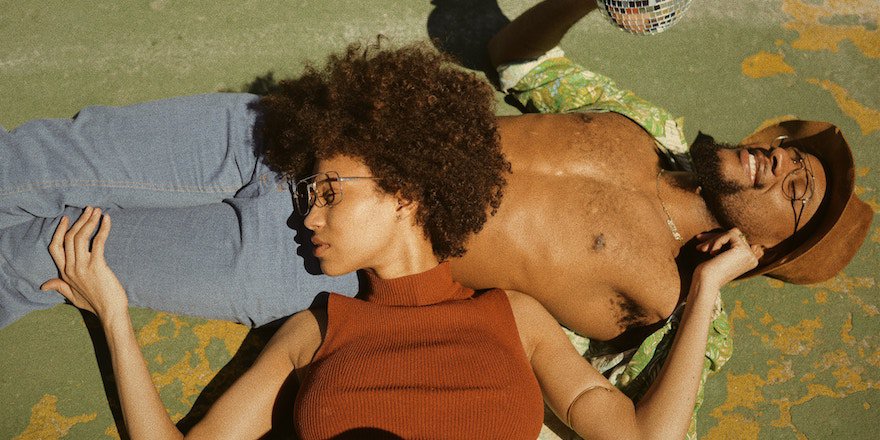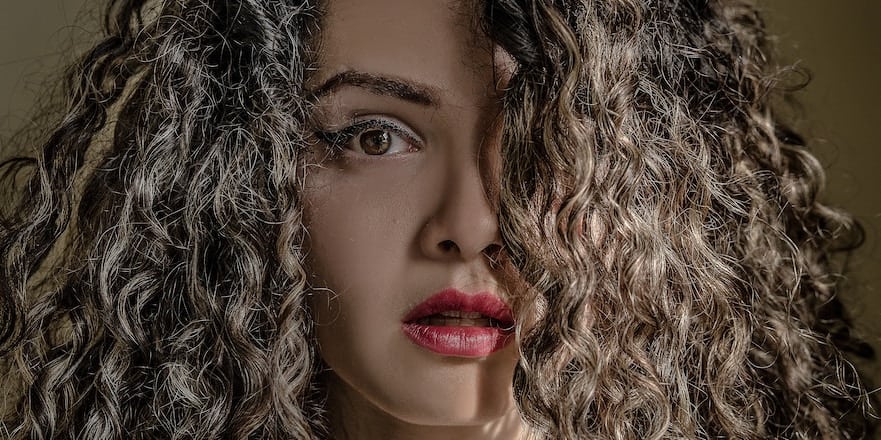On average, we lose between 50 and 150 hairs per day. It’s the normal hair cycle coming to an end: nothing to worry about.
But if your shower drain fills with hair more quickly than usual, your hair density decreases, or certain areas of the scalp begin to thin out, you are likely facing excessive hair loss.
Genetic alopecia factors leading to baldness, a hormonal imbalance (menopause, pregnancy, postpartum), exposure to pollution, UV, and chemical products are very common causes.
But nutritional deficiencies in vitamins, minerals, or proteins can also be the cause of this accelerated hair loss, as shown in this study.
If the hair loss is too severe, don’t hesitate to contact a healthcare professional to investigate any underlying cause.
Also read | The best dietary supplements for hair loss according to a pharmacist
1. Vitamin B12
Cobalamin is involved in the production of red blood cells, and the transport of oxygen to the hair follicles. By improving blood circulation, it keeps them healthy and promotes their growth.
Where to find it? Organ meats and fatty fish are the best sources of vitamin B12.
2. Vitamin B7
Biotin is known to stimulate keratin production, the protein that coats the hair fiber and makes it stronger, thereby reducing the risk of hair loss.
Where to find it? Eggs, fish, nuts, and seeds contain significant amounts.
3. Vitamin B9
Folates, or folic acid, are important for cellular renewal mechanisms. By doing so, vitamin B9 prevents hair breakage and hair loss.
This study also showed that a folic acid deficiency was involved in hair loss after bariatric surgery.
Where to find it? Legumes, but especially green leafy vegetables like spinach, watercress, and lettuce, are good sources.
Read also | A pharmacist’s advice before buying folic acid
4. Vitamin B2
Riboflavin is an essential protein for cell growth, particularly for scalp cells. A deficiency can therefore lead to premature hair loss.
Where to find it? In meat, dairy products, but also legumes, cereals and leafy green vegetables. In short, there are plenty of sources.
5. Vitamin B3

Without fully understanding the mechanisms by which niacin affects hair, a deficiency in this vitamin has been associated in this study with various disorders, including hair loss.
Where to find it? Don’t hesitate to include meat, fish, and leafy green vegetables on the menu to benefit from it.
6. Vitamin A
Vitamin A, which is notably found in the form of retinol, actively contributes to the cellular renewal of the skin and hair, as noted by this publication.
Not only does it have antioxidant properties, but it also regulates the hair follicle stem cells, which directly influences the hair growth cycle.
Vitamin A also promotes the production of sebum on the skin and scalp. And no, that’s not negative; it protects the hair fiber from breakage and dryness.
Where to find it? Put carrots, spinach, dairy products, or liver on your plate. And be careful not to take too much.
7. Vitamin C
Vitamin C is one of the most well-known antioxidant molecules. It helps combat oxidative stress that accelerates hair aging and hair loss. I recommend consulting this study to learn more.
By participating in collagen synthesis, it indirectly strengthens the hair follicles, which reduces the fragility of the hair fiber.
Where to find it? Although advanced vitamin C deficiencies are rare, don’t hesitate to load up on citrus fruits, kiwifruit, peppers, or spinach every day.
8. Vitamin D
Vitamin D is involved in several signaling pathways for the growth and differentiation of hair follicles.
A deficiency is notably associated, according to this review that I found, with various types of alopecia.
However, scientific studies are not yet advanced enough to show that vitamin D supplementation can fix the situation.
To avoid a deficiency, expose yourself (in moderation, and always protected) to the sun.
Where to find it? Include fatty fish, eggs, fortified dairy products, as well as mushrooms in your weekly menu.
9. Vitamin E
Vitamin E helps prevent hair loss mainly thanks to its antioxidant benefits.
It fights free radicals and oxidative stress to limit the premature aging of your beautiful mane.
Where to find it? Prioritize nuts, seeds, avocado, and vegetable oils, that is, foods containing healthy fats.

In addition to vitamins, essential minerals
Indeed, vitamins are often closely followed by minerals and trace elements, essential to the body’s functioning, as indicated in this study.
- iron transports oxygen and plays a key role in blood circulation; a decrease in this mineral can cause hair loss due to reduced oxygenation.
- zinc supports the growth and repair of tissues, including hair follicles.
selenium plays a major antioxidant role and protects scalp cells from oxidative stress. - silica gives hair structure and contributes to its strength. A deficiency leads to fragility, increased breakage, or even hair loss.
However, before supplementing yourself with minerals, verify that you actually have a deficiency.
Indeed, an overdose can be just as harmful to your hair and your health. So perform biological tests first if you can.



